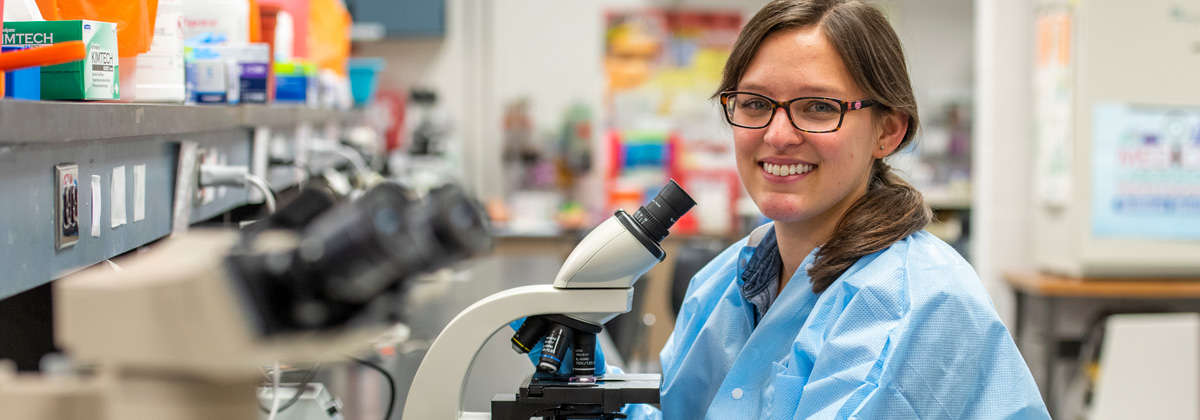
They provide information that can help doctors determine the best patient treatment. They like to work as part of a committed team of healthcare professionals. In a video titled Preparing for a Histotechnology Career in the US by HST, histologist Lisa Paez-Ryan describes the career in detail: Histologists have an interest in science and enjoy hands-on work.
ASCP LAB ASSISTANT CERTIFICATION COST PROFESSIONAL
A study released by the ASCP in 2017 shows that laboratory positions in specimen processing and phlebotomy are less likely to require histology certification, while positions with blood banks and hematology/coagulation are more likely to require certification ( HST 2018).ĭespite certification being optional for some positions, the same study, which was published in the American Journal of Clinical Pathology (AJCP), goes on to say that the increasing rates of people retiring from histotechnician careers-combined with an increased number of certification requirements and low rates of occupational vacancy-means laboratory professionals would be well-served to pursue certification in order to prove their professional competency in a competitive job market.Ĭareers in histotechnology are about more than doing experiments in a laboratory most histotechnician teams work collaboratively for a shared mission of providing quality patient care. While the National Society for Histotechnology (HST), a participating society with ASCP, strongly recommends certification, it’s worth noting that not all medical laboratory positions require histology certification. Since 1928, the ASCP has set high standards for professional competency and has certified more than 560,000 laboratory professionals. The American Society for Clinical Pathology (ASCP) Board of Certification (BOC) offers global certification for medical laboratory professionals. Most entry-level positions require a bachelor’s degree and while licensure and certification requirements vary by state, most employers prefer to hire certified laboratory technicians (BLS 2020). Bureau of Labor Statistics (BLS) shows that careers in clinical laboratory technology-a closely-related career to histotechnicians-are growing at a rate of 11 percent (2018-2028), which is much faster than the national average compared to all other occupations (BLS 2020). The information gathered from the biopsied tissue samples informs the appropriate treatment for specific patients and for future medical research.Īs the healthcare sector continues to expand, so too are careers in histotechnology predicted to increase. Histotechnicians and histotechnologists aide pathologists in determining disease diagnoses in medical or research laboratory roles.


The Greek word root “histo” means “organic tissue” and histotechnicians prepare living tissue samples for evaluation by using laboratory instruments to cut thin slices of tissue, place them on a microscope slide, and apply dyes to determine if there are abnormalities present.

After a biological specimen is biopsied, patients may wonder: who is examining and testing their tissues for possible abnormalities? The answer is histotechnicians and histotechnologists. While no one wants the responsibility of delivering a disease diagnosis, early detection can help healthcare providers determine treatment plans to restore patients’ health and wellness. Certification Guides Career Guides Interviews & Features


 0 kommentar(er)
0 kommentar(er)
